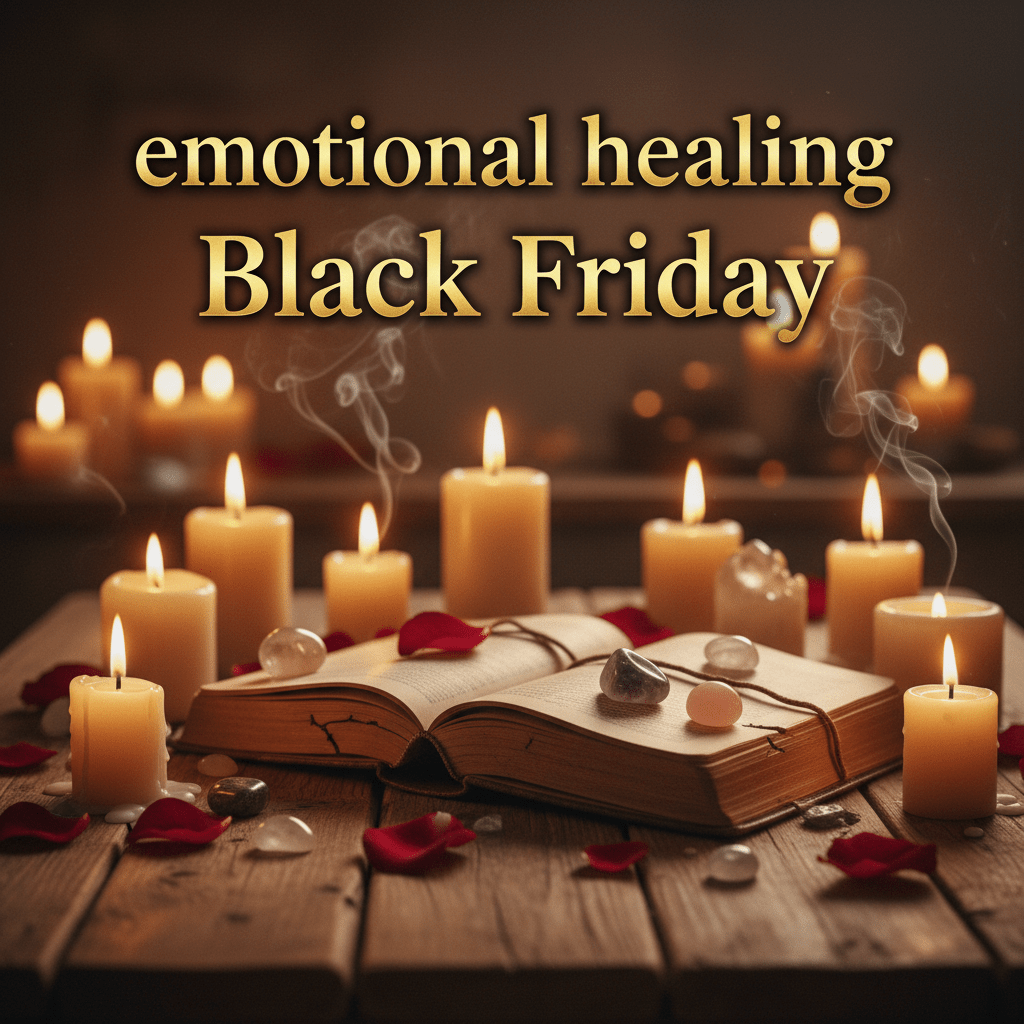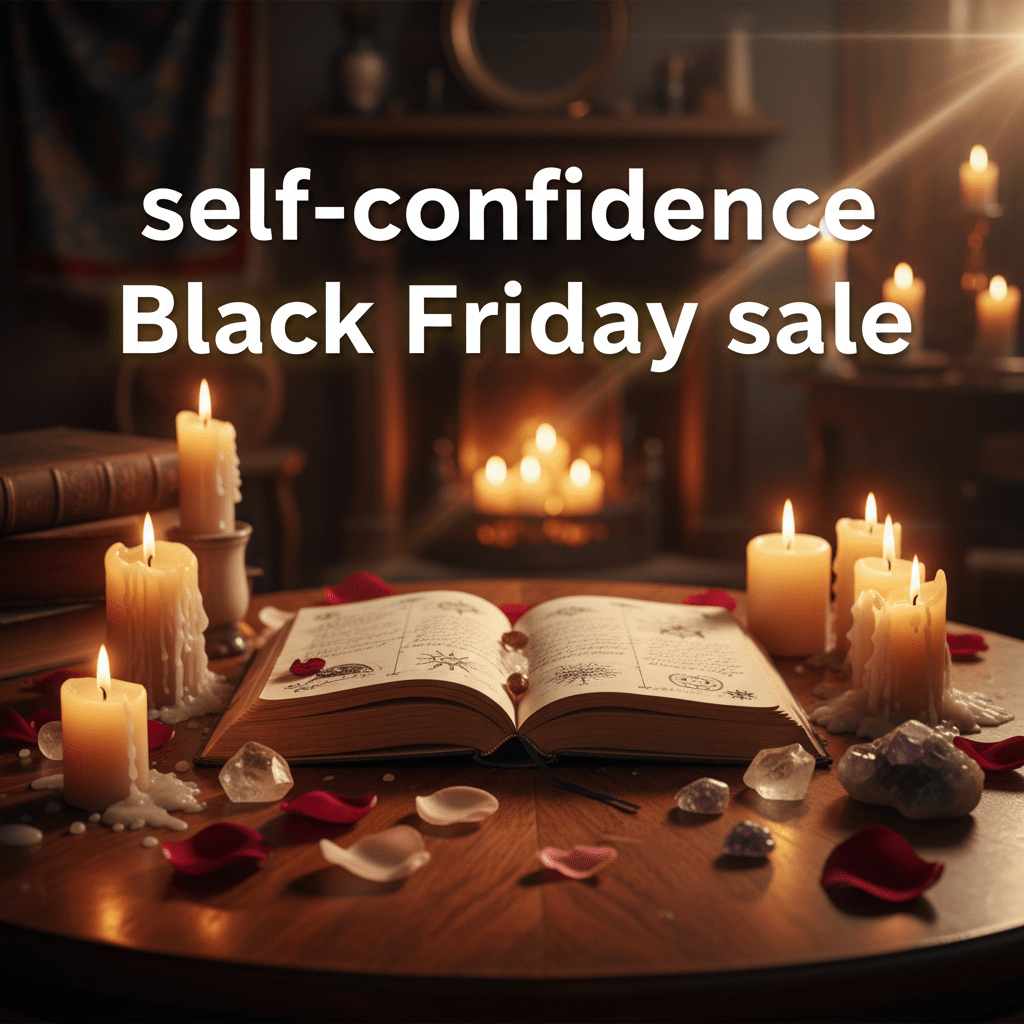- Witchcraft and Wicca are not the same: Witchcraft is a magical practice; Wicca is a specific nature-based Pagan religion.
- Witches can follow any tradition—religious or secular—and customize spells for love, healing, and empowerment.
- Wiccans celebrate natural cycles and may practice magick, guided by the Wiccan Rede ("Harm None").
- Love spells can be cast by both witches and Wiccans, with a focus on ethical, positive intentions.
- You can shop real love spells online and get expert guidance from experienced spellcasters.
- Not all witches are Wiccans, and not all Wiccans are spellcasters—find the path that’s right for you!
The Real Difference Between a Witch and a Wiccan: Modern Witchcraft & Wicca Explained
If you’ve ever wondered whether there’s a real difference between being a witch and being a Wiccan, the answer is clear: they are not the same thing! For example, I personally identify as a witch, not a Wiccan—and that choice shapes my practice, beliefs, and rituals every day.
Whether you’re seeking true love, healing, or greater spiritual power, shop genuine love spells online from verified expert spellcasters and unlock results that change your life: Shop Love Spells That Work Now
Let’s break down exactly what it means to be a witch or Wiccan, how modern magic really works, and how you can harness these ancient paths—whatever your background or goals.
- Witch: Anyone who practices magick, spells, or rituals—not limited by any one religion or tradition. Witches blend ancient knowledge and intuition, and can come from every background and culture.
- Wiccan: A person who follows Wicca, a nature-focused Pagan religion honoring Goddess and God energies and celebrating Earth’s cycles. Spellcasting is sometimes—but not always—part of Wiccan practice.
Understanding: What Does It Mean to Be a Witch?
A witch is someone who works with magical energy—through spellwork, rituals, herbs, symbols, or intention—to create change and healing, or to spark transformation. Witchcraft is all about what you do, not necessarily what you believe.
You don’t have to follow Wicca (or any religion) to claim your identity as a witch. Some practitioners connect with deities or ancestors; others are entirely secular, using only intention and the forces of nature. Witches come from every continent and culture, including folk traditions, kitchen magic, Hoodoo, and more.
What Is a Wiccan? The Wicca Path Explained
Wicca is a modern Pagan religion developed in the mid-1900s. Wiccans honor both feminine (Goddess) and masculine (God) aspects in nature, celebrate the cycles of the moon and seasons, and hold rituals called Sabbats and Esbats.
Not every Wiccan casts spells! Many simply follow the spirituality and rituals of Wicca for personal growth and natural connection. If you’re curious to honor the Earth while practicing loving magic, you may resonate with this path.
Witch vs. Wiccan: Clear Differences at a Glance
| Witch | May practice any (or no) religion. Rituals are highly personal, blending folk tradition, intuition, or modern adaptations. |
| Wiccan | Follows Wicca, celebrating Sabbats, honoring both Goddess and God, and often using structured ritual forms (circle casting, calling quarters). |
Popular Types of Witches and Magic Traditions
- Kitchen Witch: Centers magic in the home, food, and nurturing loved ones.
- Ceremonial Witch: Draws on formal rituals—often inspired by Qabbalistic or Egyptian magick.
- Celtic Witch: Blends ancient deities, elements, plants, and healing magic.
- Eclectic Witch: Mixes various traditions into a personal spiritual style.
- British Traditional Witch: Blends Celtic and Gardnerian teachings, often in covens.
- Alexandrian Witch: Shares roots with Gardnerian tradition, but with individual changes.
- Gardnerian Witch: Ritualistic, hierarchical, and initiatory—founded by Gerald Gardner.
- Dianic Witch: Goddess-centered and often for women only.
- Pictish Witch: Scottish roots; solitary practice focused on nature and magic.
- Hereditary Witch: Born into a family of witches, learns the craft by tradition.
- Caledonii Witch: Scottish tradition—also called the Hecatine path.
- Pow-Wow: Folk magic derived from Germanic healing in Pennsylvania.
- Solitary Witch: Practices independently from any group or coven.
- Strega Witch: Draws from Italian magic and family wisdom.
Curious about effective love magick from these paths? Discover our Love Spells Collection—trusted results for every tradition.

Modern Wicca: Beliefs, Ethics & Spiritual Approach
Wicca offers a gentle, nature-honoring way of life. Many Wiccans feel a deep connection to cycles of the moon, the rhythm of the seasons, and the divine energy present in all things. The Wiccan Rede (“An it harm none, do as ye will”) shapes core beliefs—urging practitioners to avoid harm and take responsibility for their actions.
- Inspired by pre-Christian Celtic traditions
- Honors a Goddess (Mother Earth) and God aspect
- Involves meaningful rituals, alone or in group, to celebrate life’s mysteries
While some Wiccans never work spells, others use Wiccan magick for self-empowerment, love, growth, and healing. Choose your path—and if you’re seeking profound love transformation, explore the Unconditional Love Spell or our trusted love spells collection for immediate results.
Historical Roots of Witchcraft: From Ancient Wisdom to Modern Magic
Witchcraft began as the “Craft of the Wise.” Ancient witches—women and men—were respected healers, using herbs, intuition, and spiritual insight to guide their communities. Early cave art reveals goddess and horned god motifs that predate Christianity by millennia.
Through history, misunderstanding and persecution forced many magical practitioners underground. Wicca was born, in part, as a way to safely honor the magic of the earth and distinguish this gentle, healing craft from false rumors of evil.
Rituals & Ceremonies: Wiccan Structure and Witch’s Intuition
Wiccan rituals follow set forms—like casting a circle, calling cardinal directions, and invoking deities—for spiritual safety and focus. Many find comfort and heightened power in the structure.
Witchcraft rituals can be spontaneous and creative or highly formal, depending on the practitioner’s mood and tradition. You might create a love spell using only a candle and your words, or build a complex ceremony for transformation. Both are valid, and blending styles is encouraged.
Spiritual Focus: Deity Worship in Wicca vs Witchcraft
Wiccans usually honor both Goddess and God for spiritual balance, often working with the archetypes of the Triple Goddess and Horned God throughout seasonal festivals.
Witches may:
- Work with a variety of deities (any tradition), ancestral spirits, or guides
- Practice secular witchcraft—with no focus on gods, centered on nature and personal will
- Craft rituals that focus purely on intention, psychic awareness, or energy
Solo Witches, Covens, and Magical Communities
Wicca is famous for its covens: close-knit groups with initiations, teaching, and shared rituals. Many find friendship, guidance, and a supportive family in coven life.
Witches might work in covens, small groups, or completely on their own—a path embraced for its privacy, creative freedom, and deep connection to personal spirits.
- Covens: Mentorship, tradition, and community bonding
- Solitary Witches: Ultimate flexibility and spiritual autonomy
Essential Tools & Symbols: Personalized Magick
Wiccans often use ritual tools like an athame (dagger), chalice, wand, and pentacle—each tool tied to elements or spiritual meaning.
Witches innovate: you might use traditional tools or everyday objects—a cup as a chalice, a kitchen knife as an athame, or crystals, photos, and herbs. Most important is your intention—the true engine of any spell!
Empower your personal rituals with magical jewelry—explore our Silver Trinity Thor Wicca Necklace or Tree of Life Chakra Pendant.
Wicca vs Witchcraft: Ethics & Codes of Morality
Wiccans are united by a clear ethical code: The Rede (“Harm None”) and often the Law of Threefold Return (what you send out comes back three times). Witches, on the other hand, may create their own moral guidelines, rooted in culture, tradition, and personal responsibility.
Approaching Love Magick as a Witch or Wiccan
Love is at the heart of countless spells—both in Wiccan and non-Wiccan magic. Wiccans will only cast love spells that honor free will and respect boundaries, focusing on attraction, blessing, or positive healing for love.
Witches have access to powerful love rituals from global folklore. If you’re seeking true love, reunion, or healing from heartbreak, don’t miss our Fall In Love Spell or the best-selling Bring Back Lost Lover Love Spell.
Modern Witchcraft: Trends in 2024 & Beyond
Witchcraft is evolving—eclectic witches blend Wicca, shamanism, crystals, and more. Green witches focus on plant-based magic, while tech witches adapt digital methods. This embraces freedom, diversity, and experimentation, making the craft more accessible than ever before.
Wiccan Sabbats & Witchcraft Festivals: Rituals for Every Season
Wiccans celebrate the Wheel of the Year: eight sacred Sabbats tied to seasonal energy (Imbolc, Beltane, Samhain, Yule, and more). Witches may honor similar festivals—or invent their own—to celebrate love, healing, or renewal, often with group feasts and rituals.
Breaking the Myths: Witches, Wiccans & Pop Culture
Movies and TV often distort the truth: real witches and Wiccans are not evil and have nothing to do with “dark magic” or devil worship. Both paths focus on healing, growth, integrity, and respect for nature.
For real success, connect with genuine spellcasters and proven love magick—visit our Love Spells Collection and ask your heart’s questions today.
Which Path Calls You? Witch, Wiccan, or Eclectic Magick?
This choice is deeply personal—there are no wrong answers. You might combine Wiccan rituals with folk magic, or be a witch with no links to any tradition. Trust your intuition, honor your ancestry, and choose the magic that speaks to your soul.
Ready to begin? Try a proven love spell now or consult an expert for personalized magickal guidance!
Frequently Asked Questions
Are all witches Wiccan?
Do all Wiccans cast spells?
Can you practice witchcraft and Wicca at the same time?
Can anyone become a witch or Wiccan?
What is the best love spell for beginners?
“My relationship was falling apart until I tried the Bring Back Lost Lover Spell. Belinda’s magick gave me hope and brought us back in love. Highly recommended!”
“After years of searching for real spellcasters, I finally found success with the Love Me Lust For Me Spell. The energy and support were incredible. Thank you, Belinda!”
“I was new to all of this, but Belinda and the team answered every question, explained every difference between Wicca and witchcraft, and guided me to the Heal My Relationship Spell. Now we’re closer than ever.”
Spellcaster Belinda has over 20 years of experience in witchcraft, Wicca, and powerful love magick. As a lifelong practitioner and helping guide, Belinda combines ancient tradition with modern insight to deliver real results—honoring ethics, intuition, and the unique path of every seeker. Connect for personalized spells or guidance at Spells and Psychics.




